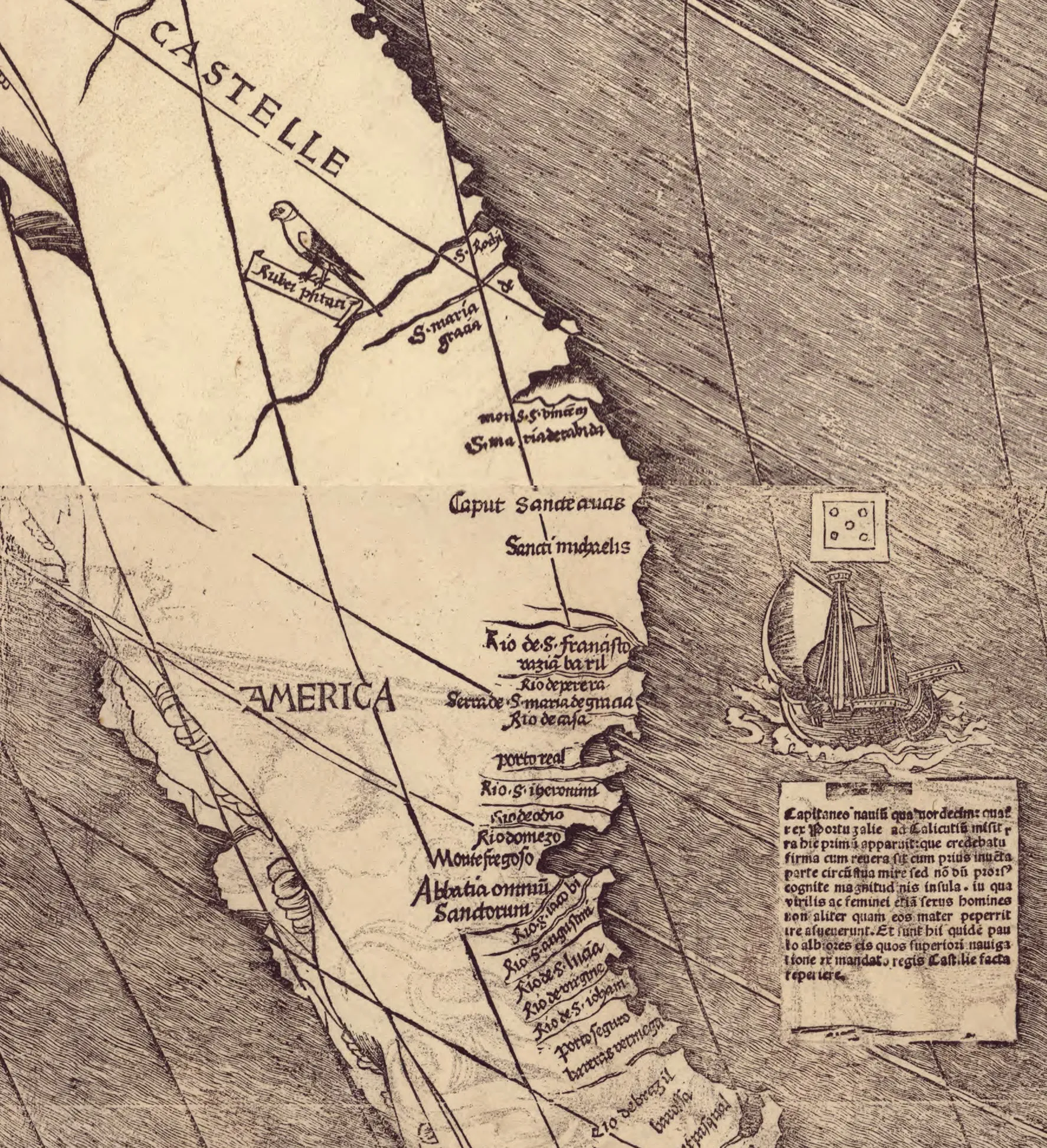Dead Reckoning

Charting a New Course
A poet and essayist seek bearings in a civilization lost at sea.
Dead reckoning is the nautical term for calculating a ship’s position using the distance and direction traveled rather than instruments or astronomical observation. For those still recovering from the atrocities of the twentieth century, however, the term has an even grimmer meaning: toting up the butcher’s bill of war and genocide.
Conducted in the shadow of the centennial of the First World War, this dialogue between Romanian American poet Andrei Guruianu and Italian American essayist Anthony Di Renzo asks whether Western culture will successfully navigate the difficult waters of the new millennium or shipwreck itself on the mistakes of the past two centuries. Using historical and contemporary examples, Dead Reckoning explores such topics as the limitations of memory, the transience of existence, the futility of history, and the difficulties of making art and meaning in the 21st century.
About the Book
Written for a post-apocalyptic age—a time after the Holocaust, after the Cold War, after Nine Eleven—these poems and essays trace the evolution and reflect on the paradoxes of an increasingly migrant, globalized world. Some pieces are political and historical, others aesthetic and philosophical, still others satiric and journalistic. All, however, are aphoristic and epigrammatic.
Providing readers with a compass and a traverse board, Dead Reckoning steers a course between the devil and the deep blue sea, between modernism’s totalitarian certainties and postmodernism’s nihilistic skepticism. On the horizon looms the Fata Morgana of transcendence. Can seasick humanity ever sail past the sirens of imaginary homelands, whether in the idyllic past or the utopian future, and reach the terra firma of the here and now? Tiziana Rinaldi interviews the authors in "When the Map is Not the Territory" (July 14, 2015).
Order a copy from State University of New York Press.
Advanced Praise
“Dead Reckoning pilots readers through the purgatory of immigration, a painful sea voyage that with enough courage and hard work can lead through the narrow channel facing paradise: spiritual and material success. Charting the currents between the Old and New Worlds, Andrei Guruianu and Anthony Di Renzo write with the ferocious genius of Pope and Swift and the compassionate heart of Saint Nicholas, patron of sailors and guardian of ports.” — Emanuel di Pasquale, author of The Ocean’s Will
“In the space of the passage from immigrant to citizen in a new home, things fall apart to an apparent nothingness. Guruianu and Di Renzo ask us to consider a brave creativity as an answer for the space where systems fall apart, so that it can be a place where things grow in a reverence for the need to live, to love, to have community, and to be truly free.” — Afaa M. Weaver, author of City of Eternal Spring
“A lovely, seductive, original book.” — Thomas G. Pavel, author of The Lives of the Novel: A History
“Dead Reckoning is an unbridled ride through a maelstrom of politics, history, and culture. Romanian American poet Andrei Guruianu writes about Communism, Vlad the Impaler, and Nicolae Ceauşescu. Italian American essayist Anthony Di Renzo focuses on Italian figures, from Alessandro Manzoni and Giuseppe Mazzini to Benito Mussolini and Silvio Berlusconi. Both writers speak persuasively from their separate, intersecting sections, but without a dogma, creed, or system. Once the window of civilization is shattered, it can never be put back together. Dead Reckoning, however, offers us a glimpse into Western culture through the two authors’ scattered fragments.” — Kenneth Scambray, author of Queen Calafia’s Paradise: California and the Italian American Novel
Book Reviews
“From the dedication through to the closing curious funerary scene for the poet Ezra Pound, Dead Reckoning is an intriguing literary journey that defies classification. Travel by boat from Italy and Romania to America with two writers who notice all the unusual details most of us miss along the way. You’ll encounter Ginsberg, Wordsworth, Duchamp, psalmists, the Boston Bombers, and some Romanian philosophers, to name a few. The prose poetry here is a dialogue between two collaborating writers and the reader about politics and immigration, with insight and antagonism from everyone from Dante to Mussolini. If most books on these subjects are either too sentimental or too soulless and dry, this one is quite different from the rest: the words are smart, witty, and blindingly beautiful.” — The Ekphrastic Review
“The authors share a certain provocativeness, but their paragraphs are phrased so deftly and persuasively, that even where one disagrees, one is compelled to think with care through their arguments and come to grips with them.” — Italian Americana
“In the end, a common understanding is what both Guruianu and Di Renzo are searching for in their fragments. There is no system or ideology that links these sections. In their judgment, that would be fatal to their cause … They write because hope is not lost. As they demonstrate we still have history, memory, and reason, if we search for it … [W]hat the American poet T. S. Eliot said at the end of his poem ‘The Waste Land’ … applies so well to Guruianu and Di Renzo’s Dead Reckoning: ‘These fragments I have shored against my ruins.’” — L’Italo-Americano
“The experimental hybrid narrative of Dead Reckoning offers an original and thought-provoking contribution to transatlantic studies, drawing connections between disparate histories and disciplines as well as between writers and readers. Its historical reflections also feel eerily relevant at a time when alt-right nationalism is gaining ground both in Europe and the United States. As such, the collection offers many disturbing though useful insights into unsettling current events. Ultimately, however, the text highlights the hopeful power of the imagination and our ability to (re)create our own lives so that, in the final analysis, they might be worth reliving.” — Modern Language Studies
“This is a collection readers will savor on first read and a collection they will return to many times after. When they do, they will find new spaces, new contexts, new realizations. It’s a log of the realities and the post-memory of immigration and human migration written with true craft, intelligence, and sensitivity. Dead Reckoning is living writing of great importance and great beauty.” — Ovunque Siamo
